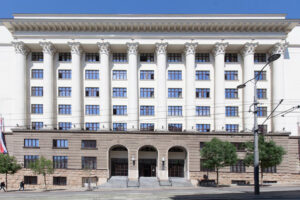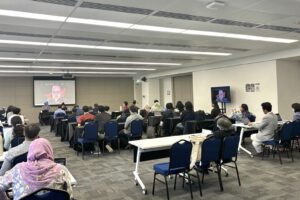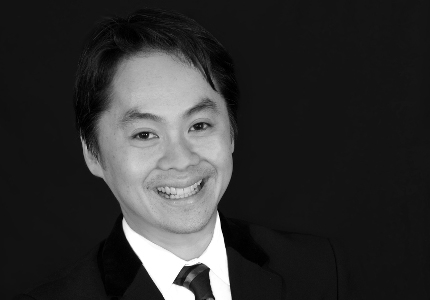
Oct 15, 2014 | News
The Malaysian government must ensure a rally tomorrow by lawyers protesting the country’s stifling Sedition Act can proceed peacefully, without undue interference by the police, who must take lawful measures to prevent violence from counter protesters, said the ICJ today.
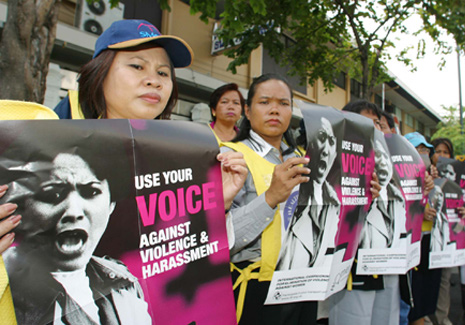
Oct 15, 2014 | News
Judges and representatives from judicial institutes from across Southeast Asia are attending a regional workshop to discuss how they can help counter gender-based violence and gender stereotypes.
The workshop, organized by the UN Women Regional Office for Asia and the Pacific, in collaboration with the Office of the Thai Judiciary and the ICJ is held in Bangkok on 15 and 16 October 2014.
This Regional Workshop for Judicial Training Institutions on Good Practices in Promoting Women’s Human Rights Compliant Justice Delivery will focus on using the CEDAW Convention and on eradicating gender stereotypes, especially in cases related to violence against women.
It also aims to improve the progress of the implementation of the CEDAW Convention and strengthen the regional network of judicial training institutions in eight Southeast Asian countries, namely Cambodia, Indonesia, Lao PDR, Myanmar, the Philippines, Thailand, Timor-Leste and Vietnam.
Speakers at the opening session include Hon. Justice Pattarasak Vannasaeng, Secretary-General of the Office of the Thai Judiciary; H.E. Mr. Philip Calvert, Ambassador of Canada for Thailand; Ms. Roberta Clarke, Regional Director of the UN Women Regional Office for Asia and the Pacific; and Sam Zarifi, ICJ’s Regional Director for Asia and the Pacific.
Thailand-Women Judicial training-News-web story-2014-ENG (full text in PDF)
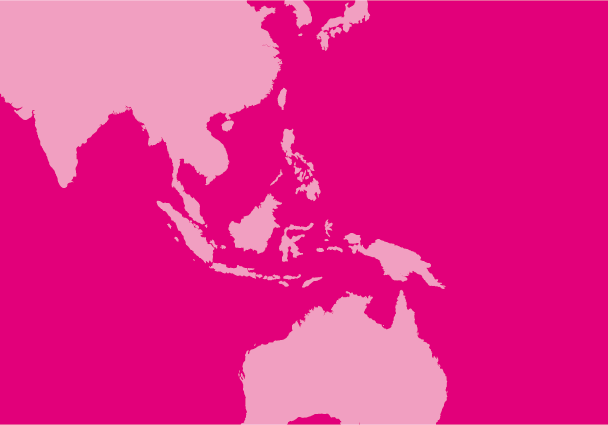
Oct 13, 2014 | News
On 11-12 October 2014, the ICJ held a “Strategic Litigation” meeting for 25 Muslim Attorney Centre (MAC) lawyers and paralegals in Hat Yai, in Thailand’s deep South.
The objective of the meeting was for MAC lawyers to discuss and exchange litigation strategies with a leading international criminal lawyer.
The meeting focused on the use of expert witnesses, forensic evidence and the appellate jurisdiction.
MAC was founded by a group of Muslim lawyers in February 2007 to provide free legal aid to disadvantaged people in the four southernmost provinces of Thailand, especially those who have been affected by the special security laws in place including Martial Law and the Emergency Decree.
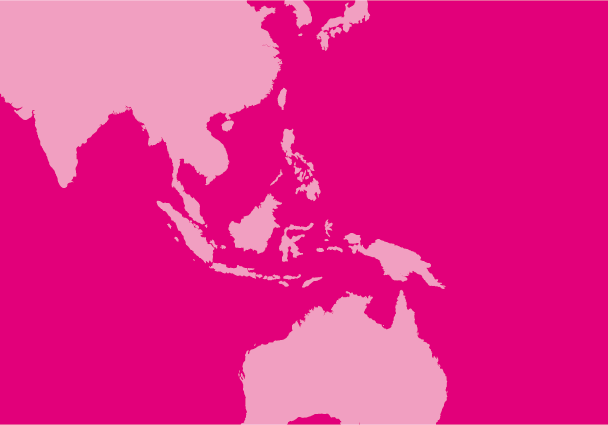
Oct 13, 2014 | News
The Royal Thai Government should comply with its international human rights obligations to provide remedies and reparation to victims of torture or other ill-treatment, the ICJ, Human Rights Watch and Amnesty International said today.
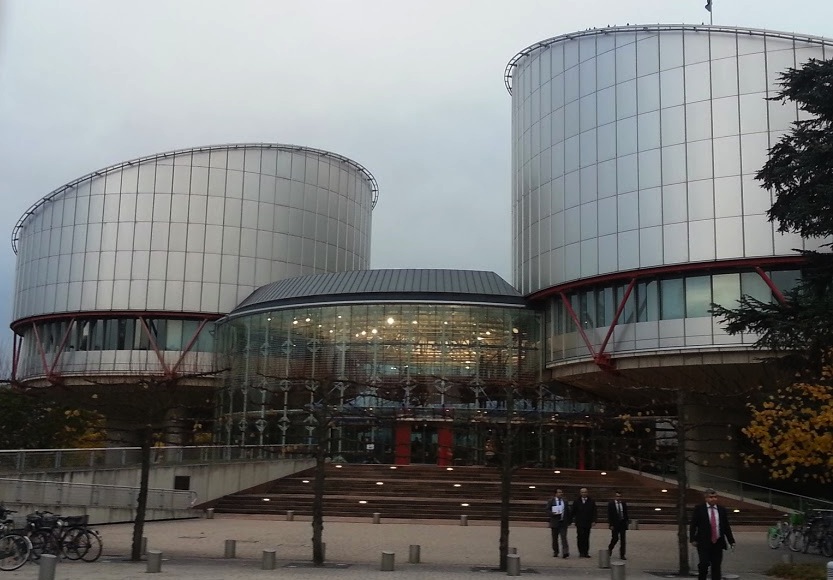
Oct 10, 2014 | Advocacy, Cases, Legal submissions
Today, the AIRE Centre (Advice on Individual Rights in Europe), the European Council on Refugees and Exiles (ECRE) and the ICJ presented joint written observations to the Grand Chamber of the European Court of Human Rights in the case of F.G. v. Sweden (Application No. 43611/11).
The case arises from the Swedish authorities’ dismissal of an asylum application. The submissions focus on:
- the obligation for Parties to the ECHR to ensure that the risk upon removal is addressed in such a way as to guarantee that the Convention’s protection is practical and effective;
- whether requiring coerced, self-enforced suppression of a fundamental aspect of one’s identity, which enforced concealment of one’s religion entails, is compatible with Convention obligations;
- the relevance and significance of the EU asylum acquis and Court of Justice of the EU’s jurisprudence on these matters; and
- the relevance and significance of the 1951 Geneva Refugee Convention.
SWEDEN-ECHR amicus FG vs Sweden-Advocacy-Legal Submission-2014-ENG (full text in PDF)








